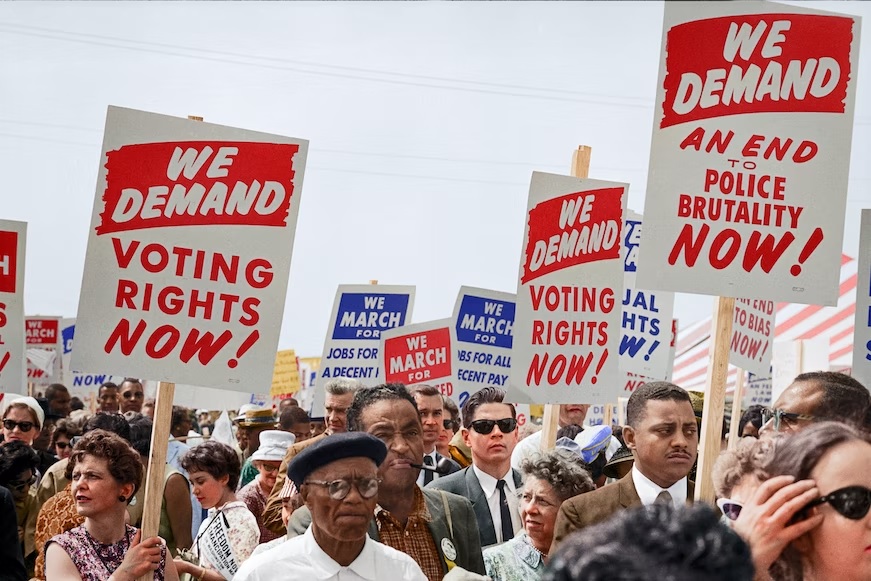
To my esteemed colleagues,
On a webinar about Donor-Advised Funds that took place on October 19th, 2022, with Susannah Morgan, Ray Madoff, and Chuck Collins, I used words that were deeply offensive and hurtful. Words that included “the rich,” “white,” “hoarding,” “equity,” “SkyMall catalog,” and, most egregious of all, “hobby.” I am here to apologize, take accountability for my thoughtlessness and insensitivity, and humbly ask for your forgiveness.
During this unfortunate presentation, I said something to the effect of, “Philanthropy has often become a hobby for the rich, and it should not be.” I also said that I considered a “family legacy of philanthropy” to be “gross.” I am truly sorry that I uttered such unconscionable words and brought trauma to you, your donors, as well as to anyone near you who may have accidentally caught glimpse of my uttering these vile invectives.
Continue reading “An apology to everyone I harmed with my insensitive words regarding donors and philanthropy”



